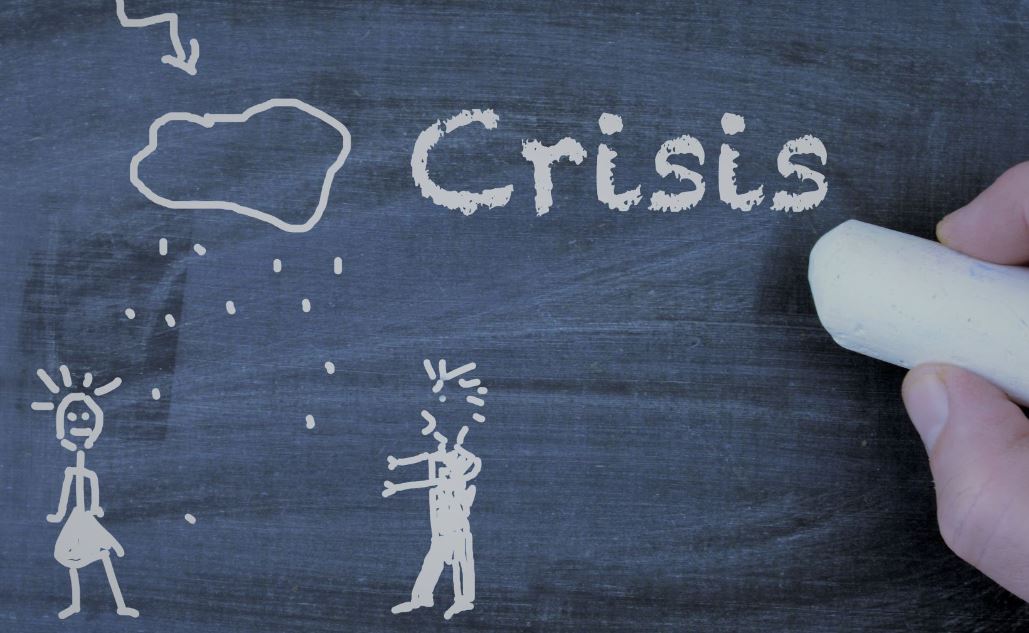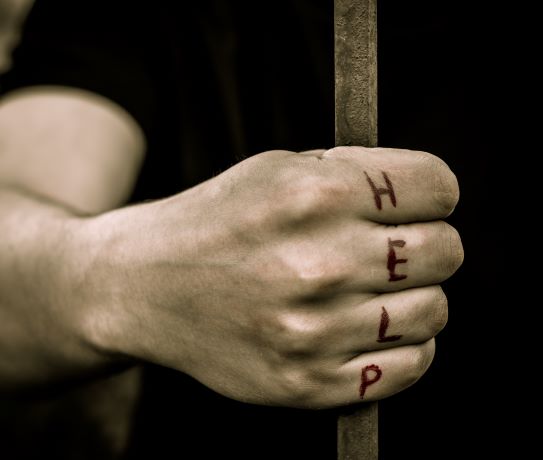
Hypnotherapy for Trauma! How does that work?
September 16, 2019
Trauma Therapy: Frequently asked questions
September 27, 2019Ever wonder why some people remain stuck no matter how much help they are given?

Surprisingly enough, there are often “benefits” people receive from NOT overcoming their illness or injury.
If the statement above caused you to snort in disbelief, denial or irritation, you are reacting exactly as the majority of people do. Typically, those suffering trauma symptoms, are hard pressed to find anything positive in their lives, being almost wholly preoccupied with their unprocessed pain, and sadly this outlook allows for very little self-awareness of just what purpose their illness or injury serves, and of those hidden “advantages” it brings.
The clinical term to describe these benefits of suffering is “secondary gains”, and while the person who is ill may not consciously or intentionally seek these benefits out, they remain stuck in their pain as there is some advantage for them. To be clear, usually the person is not being intentionally manipulative, and they are not faking their injury or illness, but remaining stuck in it does assist in meeting a need. Secondary gains is a behaviour mechanism that traps the sufferer and perpetuates their state.
Let me give you an example. Imagine someone with depression who doesn’t enjoy spending time with their partners friends and cites their depression as the reason they can’t go to a social event with them. When the partner lets the subject drop, the depression is reinforced as the cause of the sufferer’s problems. Another example might be when a person learns about anxiety and feels the relief of being finally understood, they then begin to identify themselves as anxious, consequently the anxiety is reinforced by feeling understood.
Additional to secondary gains, there are also “secondary losses”, which are the personal costs, or disadvantages of being well. They are further attitudes and behaviours that would need to be confronted and released so that healing could be achieved. For example, to be well, you may have to endure losing friends who are unable to accept you when your life is flowing smoothly. Another example may be in giving up the special privileges at work that were afforded to you whilst you were injured or ill.
The point in telling you about secondary gains and losses is because they trap not only the injured or ill person, but also family and friends, who can often feel they are being manipulated. By gaining an understanding of these issues, the sufferer, and those around them, can recognise when these mechanisms are playing out and engage alternative coping strategies to ensure everyone’s needs are met.
If reading this has triggered you in any way it is likely you are stuck in the secondary gains and losses trap. In order to begin healing it is necessary to own up to your behaviours and attitudes and ask yourself just what is your injury or illness doing for you or giving you? If you think your current state is keeping you safe, ask yourself, is it truly helping you? Be honest, you’re only answering to you. Lastly, decide if you want to stay safely stuck in your injury or illness, or do you want to be well?
You do have a choice, and as the stoic Seneca the Younger said, “It is part of the cure to wish to be cured.”
About Us
Imagine. Believe. Become!
You can find out more at www.whisperedwisdom.com.au, like us on FaceBook, email lee@whisperedwisdom.com.au or call M: 0427 431 567.

